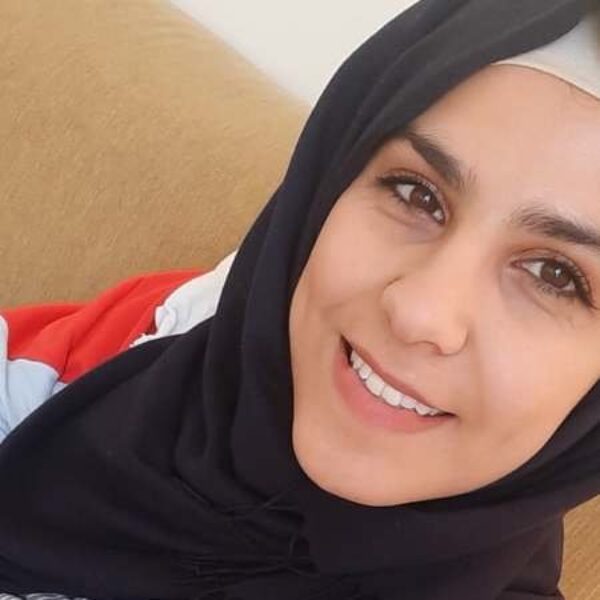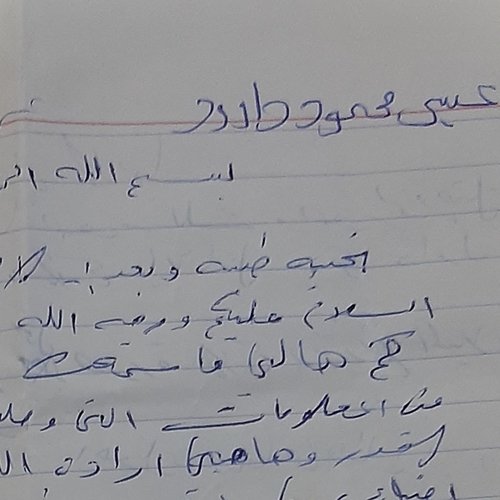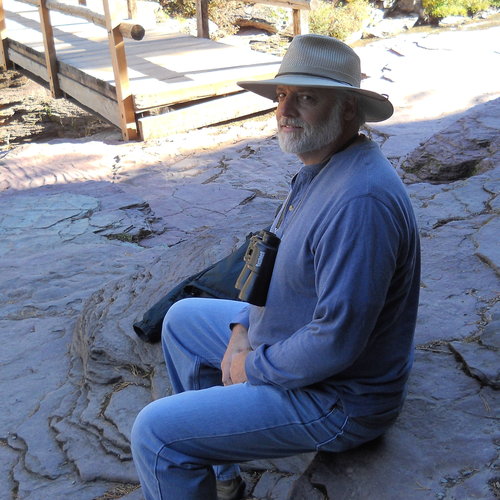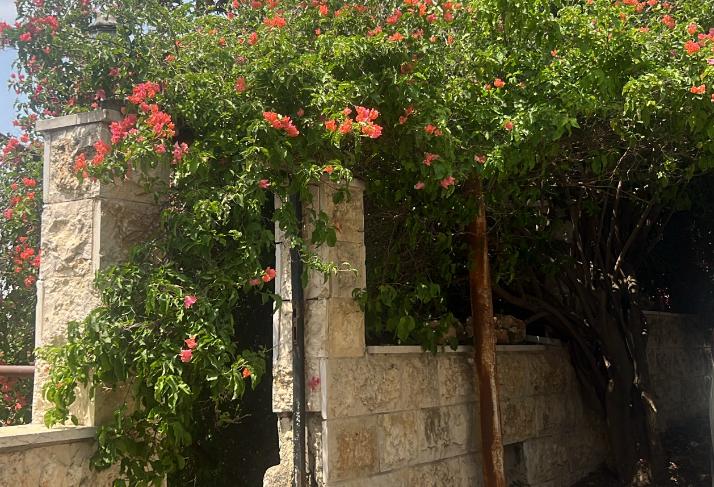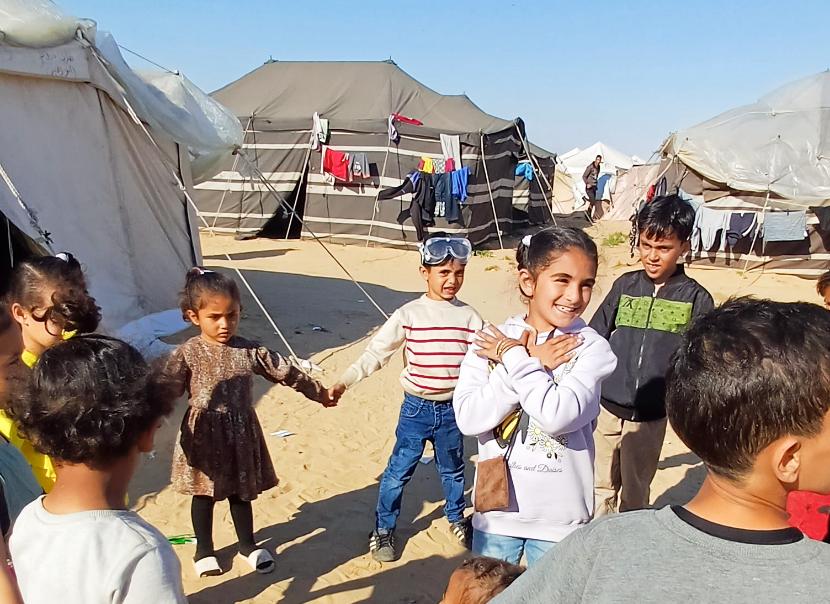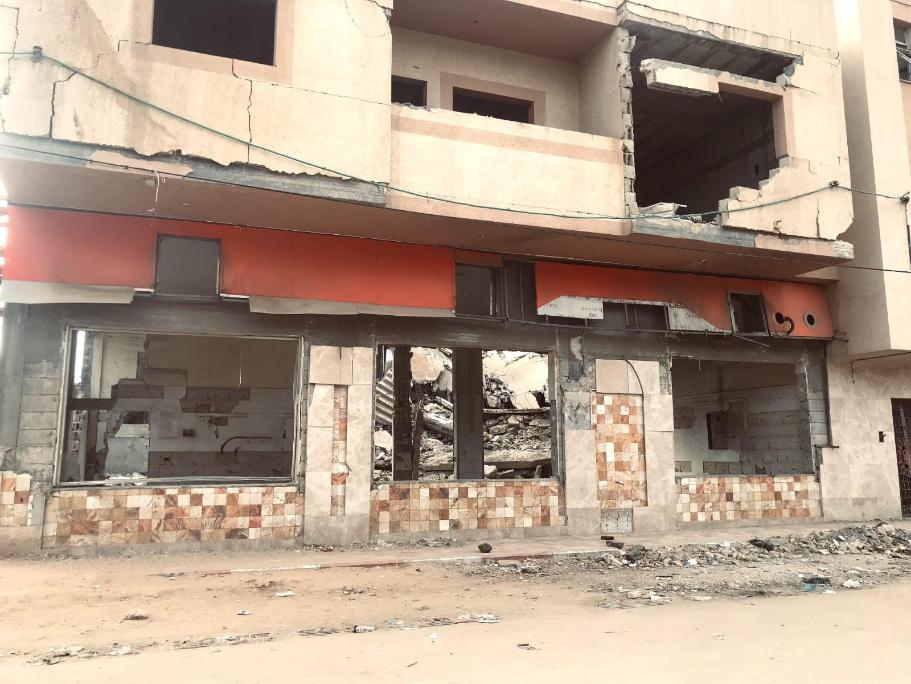The social distancing required during the COVID-19 pandemic reminds me of the longing I inherited at birth.
I opened my eyes to this world with the feeling that something was missing. Nothing was enough. Nothing satisfied me. I realized as I grew up that what was absent was the rest of my family.
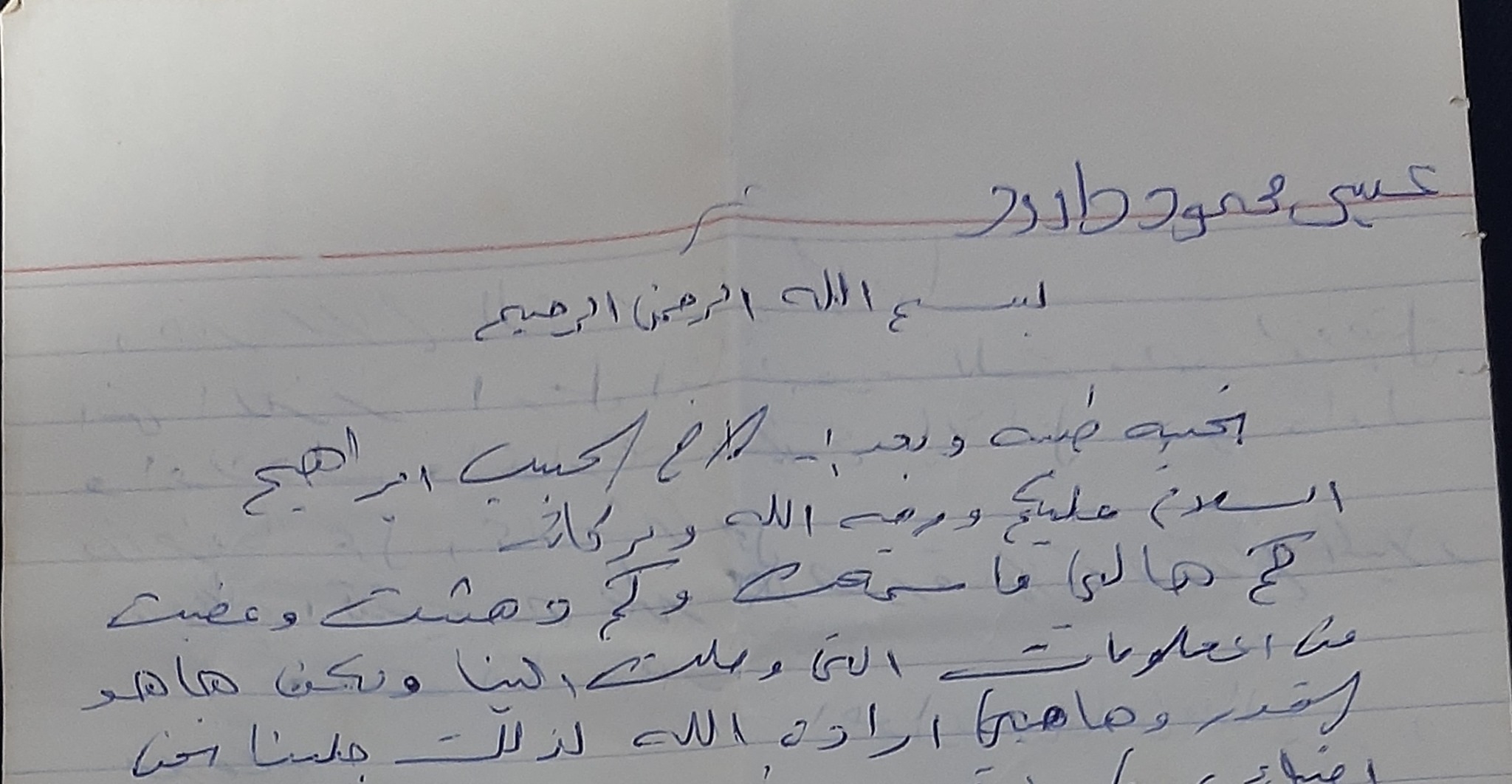
During these days of quarantine, everybody complains about being unable to visit friends and relatives. Hearing this talk reminds me of the memories of family togetherness I never had. All of my father’s side of the family is in Gaza, and I’ve never had the opportunity to be part of and with them. I only have memories of my father describing my uncles, aunts and cousins—both those he met before leaving Gaza at the age of 17 to join the Palestinian resistance in Lebanon and those who were born later. I also remember his stories about his parents who died after he left, and his anecdotes about school and the harsh math teacher with whom he fought because my father would skip class to play football, his passion.
I was born with the scar of left by longing, inherited from my father. I believe it was passed from his heart to mine, accidentally. My precious dad tried his best to ease the pain, yet as an Arabic proverb says: “فاقد الشيئ لا يعطيه "; someone who doesn't own something can't give it away. My father did everything he could to compensate for the absence of his big family; he spent a lot of time with me and my __ siblings, investing in us mentally and emotionally so we could become what we want to be.
His love was more than sufficient, yet I refused to let him suffer pain alone. I insisted on sharing it with him. I thought he would eventually become accustomed to his longing, but he never did. I saw it in every tear that sneaked its way out from the corners of his eyes as he watched news from Gaza on the TV, or when he wept secretly after we fell asleep because he had heard bad news over the phone. When a little girl, I hated those calls from Gaza. They were mostly sad, except for a few on Eid, and even the calls celebrating the holiday made my strong father sad.

He learned of the death of nearly all of his loved ones through those calls. He couldn't be with his family in Gaza to hug them or honor the graves. He couldn’t share in the big wedding celebrations either; I still remember the sparkle in his eyes when he described Gaza weddings, events that I magnified in my little head, adding a lot of my imagination so they became more of caravans from Disney’s Aladdin movie.
His deep longing is what I inherited from him. I was born "Gaza-nostalgic," a feeling that still overwhelms me even though I have never been there. I have never seen my uncles, aunts and cousins. I do remember a recurring dream in my childhood of a little girl who looked like me. I called her my cousin, and we hung out together and enjoyed little talks.
COVID-19 has prevented many people from seeing their loved ones. I understand their pain and frustration, the longing they feel for reunion. Perhaps they can now appreciate a painful truth that haunts Palestinians, and many others around the world who suffer enforced separation: We live our entire lives with this longing that nothing can satisfy.
Editor's note: Huda's father finally was able to return to Gaza, with her mother, in 2012—45 years after he left. Perhaps fittingly, but a real tragedy for Huda, he suffered a heart attack there and died. He never returned to Lebanon. He was buried in the land his heart craved.

